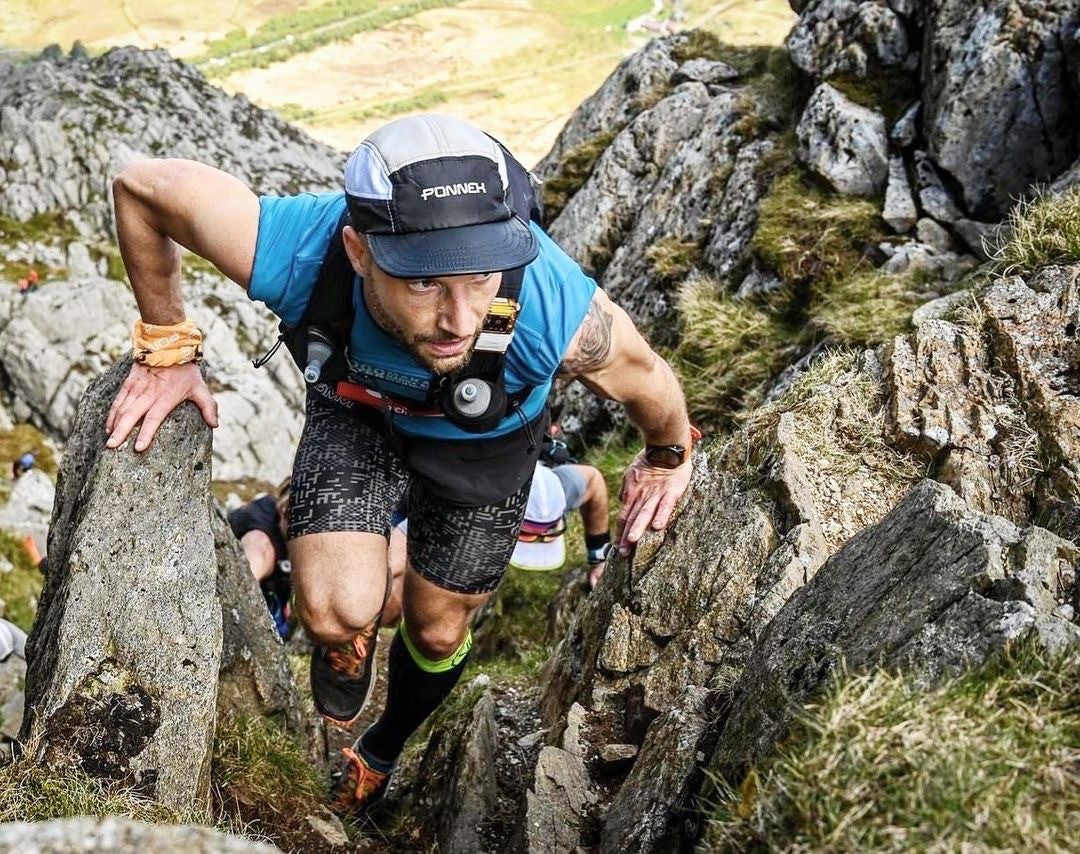Trail running can be indimidating. So, we have asked our mix of experienced ambassadors for their advice. Our ambassadors include physio's, coaches, community runners and athletes.
In this guide you will find their essential guidance that they would pass on to a beginner bravely taking their first steps into trail running.
Hopefully, our 5 tips will get you moving on the trails:
1. Start with Why?
Taking your first steps into the world of trail running can be daunting, but with a positive mindset and approach, getting out there and enjoying our beautiful trails is achievable. So, before you take the plunge and ahead out for your first run, understand why you're doing this. Running to keep fit is not really your motivation, this is an outcome. What motivates you to get out in the cold, dark and damp winter days and evenings? What gets you out of bed? What acts as the source of why you hit the trails. Knowing why you run will help you through the challenges, the training and ultimately races.
2. Get connected
Connect with a group, trail running can be intimidating, with lots of unknowns. So, ask your local running shop if they have a group or which one is beginner friendly. When starting out begin with easier, well maintained trail routes as you build your confidence and experience.
If you are running solo you should take into consideration; distance, terrain and the weather for your run. Hitting the trails is different to road running, with trail throwing up its own unique challenges.
When considering longer distances and more difficult terrain you should always have support in place, let people know your route. Take into account fuel, navigational skills and your experience.
3. Taking your first steps
Start off too fast and you will end up demoralised! I can't lie... it starts off hard, especially when starting from scratch. Go at your own pace and start to build frequency and distance incrementally. The key is to develop confidence and slowly build up the frequency of your runs! You, also, have to remember that running will impact your body, the musculoskeletal systems can take time getting used to the stress you will be applying to them.
So, be patient and build up to daily running. Then start to consider longer distances.
4. Ignore time expectations!
You will most likely join forums and social media groups which will mention pace setting etc. Initially, try to ignore this! When starting out focus on your effort and actually enjoying the trail! And don't be affraid to walk... mix in running with walking the more technical or hilly parts of the trail. Walking can actually be the most efficient way to get up the climbs, conserving valuable energy for later.
However, over time, as you start to make progress and start to consider entering races you will need to look at making your slowest pace a little faster make walking more purposeful.
5. Be realistic
It is essential to know where you are starting from in terms of your fitness level. Are you starting from ground zero, a baseline of a weekly park run and a few mid-week runs totaling 15-20 miles per week, or are you comfortable running up to a marathon distance and are looking for the next challenge? Knowing where you are starting from, you can set realistic goals and expectations for your fitness.
In conclusion:
Be sure of your motivation, start slow, be consistent and set realistic goals! We all start somewhere, the main thing is you've taken the first steps to enjoying the trails and living a healthier lifestyle.
Get out there and run with a smile.


